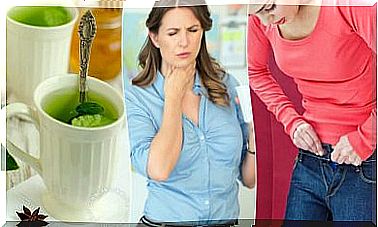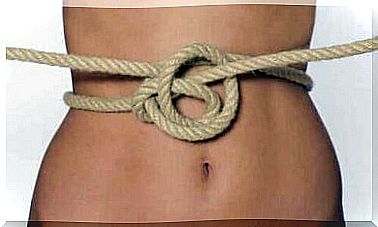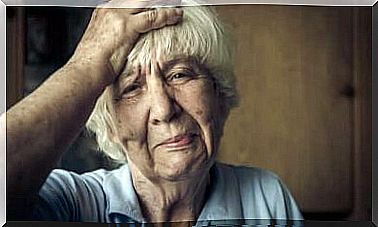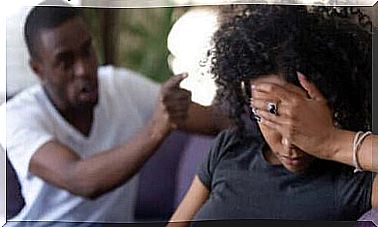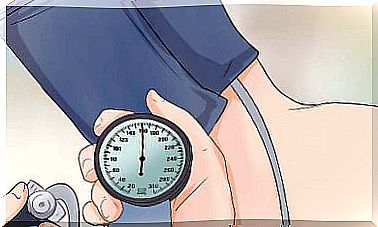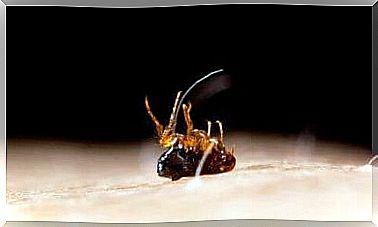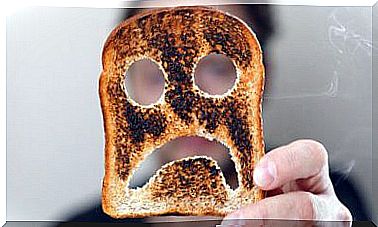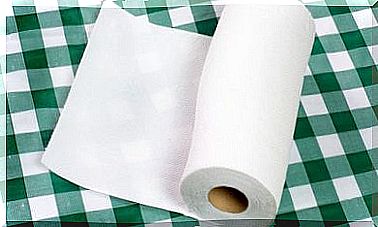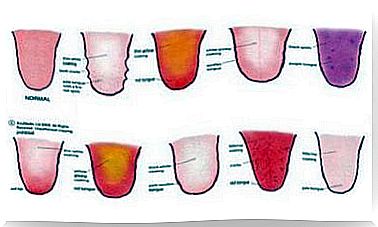Four Tips To Prevent Bleaching
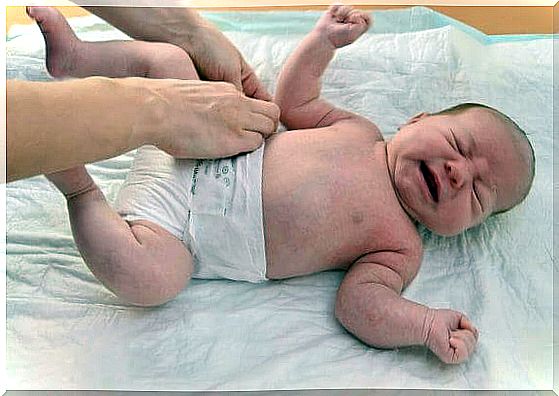
Bleeding eczema is a common problem in 1-year-old infants. It is the parents’ responsibility to prevent eczema so that it does not become a major problem.
It is important to know how to prevent eczema in infants. This is something every parent should familiarize themselves with, especially if it’s your first baby. Bleeding eczema is an irritation of the skin in the area covered by the diaper.
In general , it occurs on the lower abdomen, genitals, buttocks and upper thighs, due to direct contact with sources of irritation. This condition, also called dermatitis, often occurs in babies during the first year of their lives.
Diagnosis and causes of eczema
The doctor can diagnose bleach eczema at a physical examination. The symptoms of this disorder include small sores and irritation in the areas that have direct contact with the diaper.
Therefore, babies get bleach eczema:
- Sensitive skin before the diaper rubs against the baby’s skin.
- Prolonged contact with urine and faeces.
- Changed pH in urine and faeces.
- Moisture.
- Poor hygiene.
Also read: Treatment of bedwetting: When children urinate in bed
Advice to prevent eczema

If you notice redness on your baby’s genitals or balls, it’s because bleaching has just started to appear. This condition can be prevented, by taking the right reservations, at the right time.
Here are some tips to prevent eczema:
1. Wash the baby’s private parts
Use plenty of warm water to wash the area covered by the diaper every time you change the baby’s diaper. It is not recommended to use soap when performing this activity. If necessary, you can use neutral pH cleanser.
Next, gently wipe the area, without rubbing on it. If possible, change your baby’s diaper in an open place. Avoid using wet cloths that contain alcohol or odors.
Also read: Softens dry elbows and heels naturally
2. Change your baby’s diaper regularly
On the other hand, it is very important that their diapers are changed regularly. This means you need to change your baby’s diaper at least every three hours throughout the day, even if your baby has only urinated. At night, if possible, change the diaper every five hours.
In addition, it is necessary to change your baby’s clothes at each defecation.
Be careful when putting the diaper on. Make sure it is not too tight. It can cause friction against your baby’s skin, causing irritation.
When buying diapers, read the package carefully as there are some diapers that are meant for sensitive skin while others are super absorbent diapers.
Use baby cream
Use baby cream on all areas that need it at every diaper change. These creams must be water-based, and the components astringent, such as zinc oxide. In addition, these creams form a waterproof layer on the skin.
It is best to add them after each time you have cleaned the area. You need to do this because it can act as a protective barrier between the diaper and the skin. Therefore, it can prevent the appearance of irritations.
These creams can be bought at pharmacies or supermarkets, or you can try homemade recipes.
4. Changes in your baby’s diet
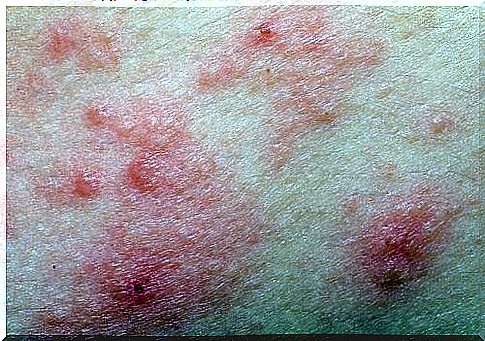
It is important to keep an eye on the new foods your baby is eating. Some of them can change the pH of the stool. If you find that the food causes diarrhea, stop giving it to your child immediately.
The same can even happen for babies who consume breast milk. In this case, the mother must control the food and medicine that the baby ingests. In addition, consult a specialist when planning to change your daily diet.
It is very important to follow these recommendations to prevent bleaching and the occurrence of lesions. Otherwise, it can end up with infections, and often cause discomfort for a baby.
Finally, you should know that irritating diarrhea is common in children up to 12 months of age. No matter what, parents are not the only ones to blame when a child suffers from this condition.
However, follow these tips to prevent your child from suffering discomfort. Likewise, if you make sure that your baby has good hygiene, you will not have to consult a specialist to treat your baby. Remember, it is always better to prevent.
